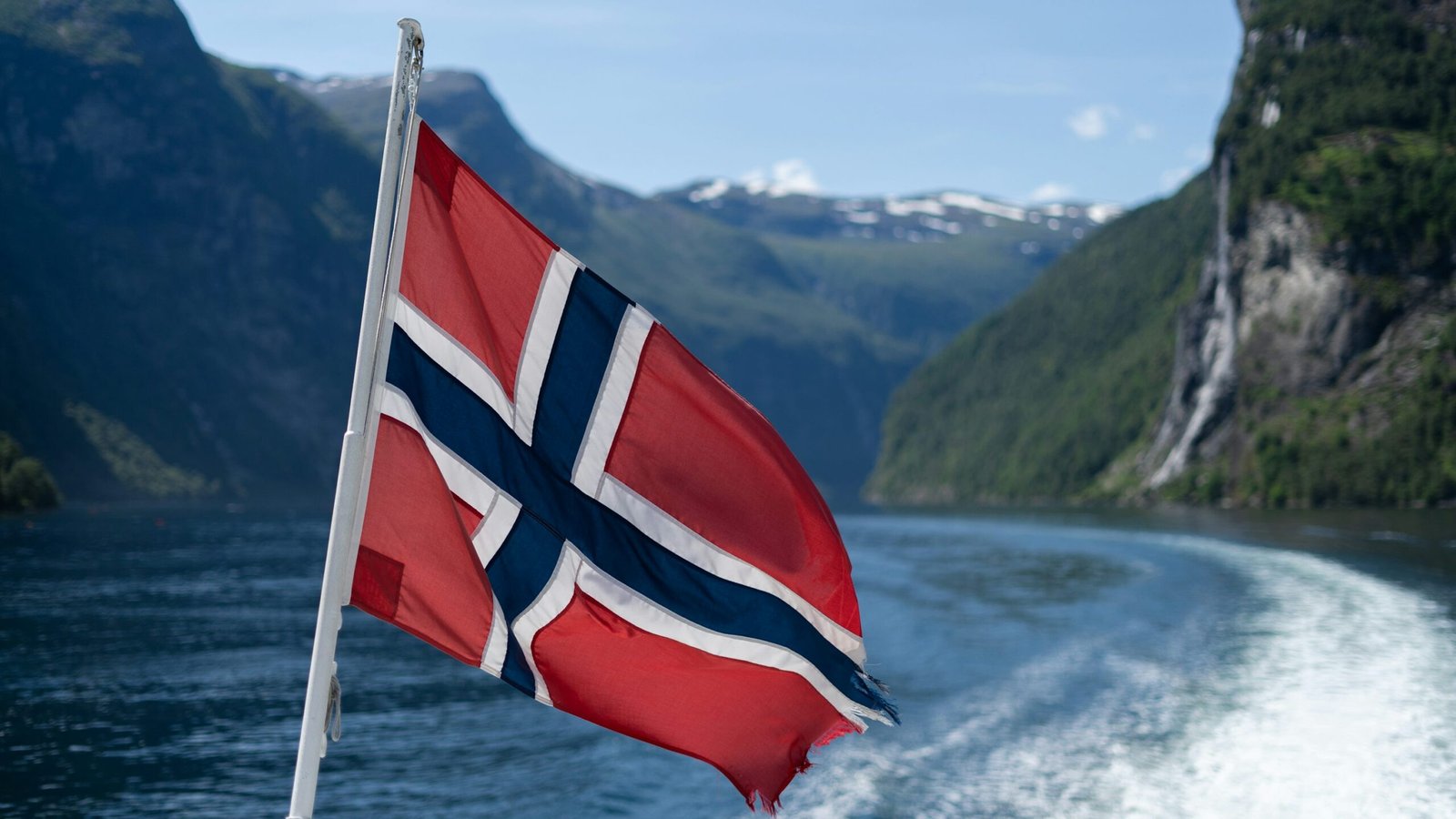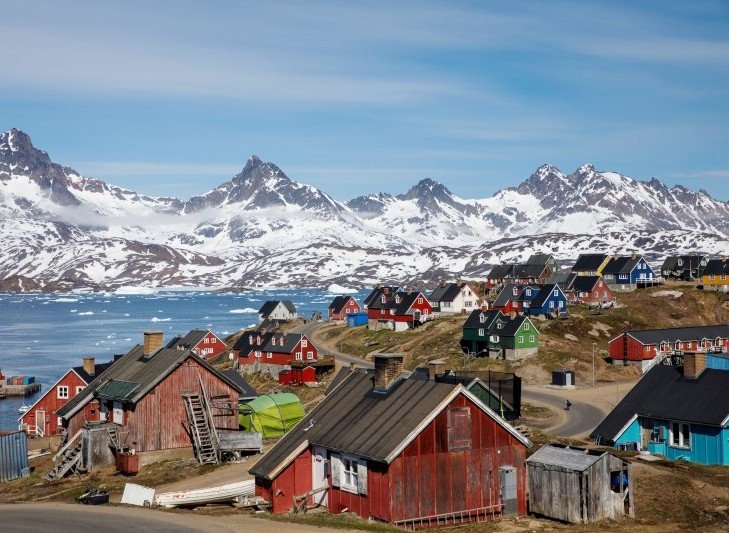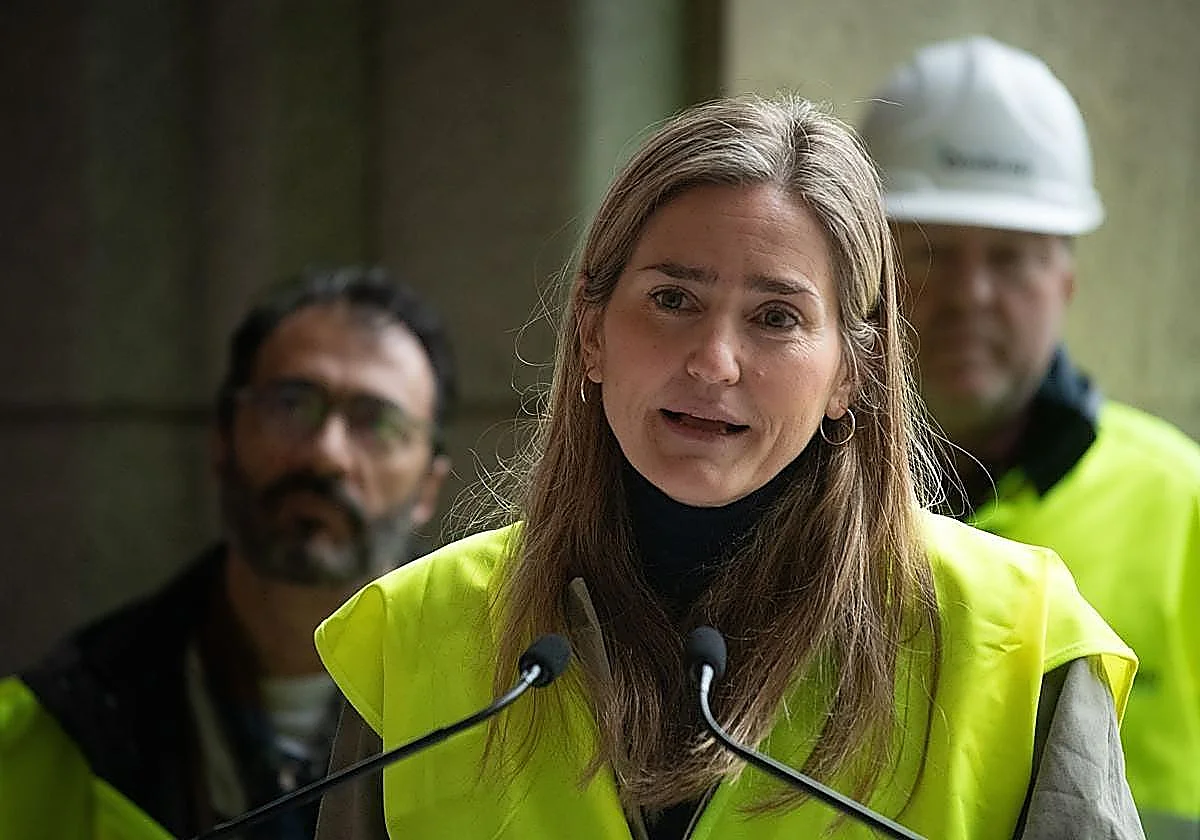Island Lake Region, July 14, 2025 — The Europe Today: Two more First Nations in Manitoba’s Island Lake region are preparing to evacuate vulnerable residents as wildfires continue to spread out of control and blanket communities in thick smoke.
St. Theresa Point and Wasagamack First Nations have declared local states of emergency within the past 24 hours, Grand Chief Alex McDougall of Anisininew Okimawin, which represents four Island Lake Nations, confirmed Sunday. The communities are bracing for worsening conditions as fire activity intensifies in the area.
Evacuations are expected to begin Monday, with approximately 500 people — including elders, children, and individuals with pre-existing health conditions — set to be airlifted from the communities. However, Wasagamack’s lack of a local airstrip and heavy smoke are raising concerns about whether planes can land safely.
“There’s smoke no matter which way the wind blows, except for the northeast,” said Vice-Chief Robert Harper, warning that deteriorating air quality is already impacting residents. “There’s a lot of people with health conditions here asking if they’re being sent out.”
The wildfires, including one burning just 16 kilometres west of Wasagamack, are being tracked through satellite imaging and ground crews, but firefighting capacity has so far remained limited. The situation is worsened by unfavourable weather and little rainfall expected to contain the flames.
“I need lots of tobacco offering to do a prayer for the rain,” said Chief Walter Harper, calling on the spiritual and practical support of the community and government. “We need firefighters too, we need water bombers.”
With a population of roughly 2,300, Wasagamack lies about 375 kilometres northeast of Winnipeg. The First Nation has reached out to provincial authorities for assistance, with Premier Wab Kinew reportedly in direct contact with community leadership.
Grand Chief McDougall emphasized the urgency of deploying firefighting personnel and equipment, adding that hydro corridors are under threat — a development that could cut power to multiple communities. “Health concerns due to smoke and proximity of the fires were among the key reasons for declaring the local emergencies,” he said.
In Garden Hill Anisininew Nation, about 475 kilometres northeast of Winnipeg, officials have already installed sprinkler systems and firebreaks to protect homes. That fire, according to provincial officials, now spans approximately 2,500 hectares.
Evacuations began there on Thursday, the same day the province issued a broader wildfire-related state of emergency. As of Saturday, around 1,250 evacuees were being housed in Winnipeg — with 750 at the Leila Avenue soccer complex and 500 at the University of Winnipeg’s recreation centre, according to government sources.
Discussions continue between community leaders, Indigenous Services Canada, and the Red Cross, as the Island Lake region races against time to protect its residents from advancing flames and worsening air conditions.
Provincial officials are closely monitoring the situation and have reiterated their commitment to supporting Indigenous communities facing wildfire threats in remote regions.














